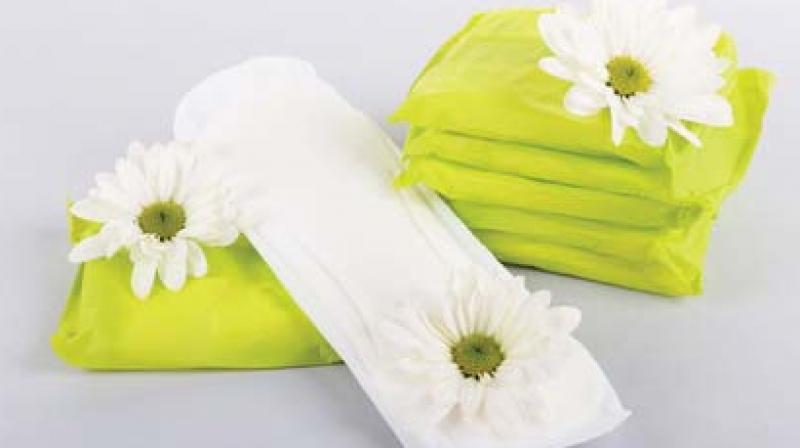Urmila Chanam, social game changer
Urmila began her Breaking the silence' campaign in 2014 which received national and global attention for its reach.

Dealing with one of the most delicate issues in the country, Urmila educates women about menstrual hygiene and works on how to improve the overall lifestyle of rural women by traveling places.
“Menstruation is still not spoken openly in our country because of the social stigma around it. Why should a natural phenomenon be shamed?” questions Urmila Chanam, a journalist, knowledge management and communication professional and a social activist whose campaign received the prestigious National Laadli Awards for Gender sensitivity in 2015.
Urmila began her ‘Breaking the silence’ campaign in 2014 which received national and global attention for its reach. Women across the countries including Taiwan and Bangladesh reached out to her to take the campaign forward.
Urmila says that according to 2011 data only 12% of women use pads in India. “Imagine! What about the remaining 88%? Now an approximate 36% of adolescent’s girls use pads and if we include others then the percentage will still be low,” she added.
She also pointed out that even now many think that menstruation blood is impure; anything to do with women body is a taboo, people still believe that they shouldn’t be touched and all these beliefs came in from the culture of untouchability which laid a foundation of silence.
Through on-field awareness campaign, Urmila reaches out to many adolescent girls and women to talk about menstruation, hygiene management and also to ensure access to sanitary material, health, information, and education. Apart from the campaign, she has reached out to thousands of women and trained many school teachers including ASHA workers who are consistently working with NGO’s to reach out to rural women.
For the upcoming year 2019, Urmila has planned ‘Bharat Yatra’, where she will be traveling to each state and spending time in training women, district officials, ASHA workers, collect information and submit to district governments and central government to make national policy on menstrual hygiene management.

